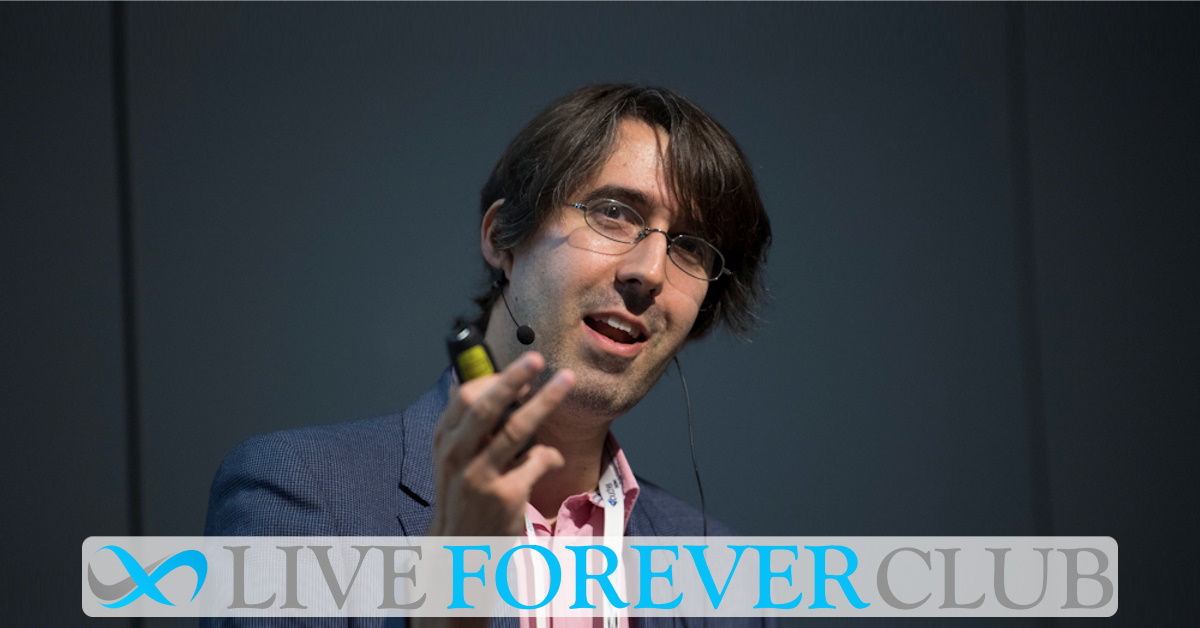Key points from article :
de Magalhães is greatly impressed by the growth and advancement of the longevity sector in recent years.
Thinks that growth in terms of funding is due to more people recognising aging as something that can be intervened in.
But is concerned that the fundamental research into understanding why we age may be taking more of a back seat.
De Magalhães' DrugAge database has doubled in size in the last two years - now includes more than 1,000 compounds.
He thinks "it shows there has been a shift in the field away from studying mechanisms of aging... [towards] identifying interventions and therapies and drugs.”
Investors focus on so-called “low hanging fruit” could end up becoming a problem.
Believes the hallmarks of aging are an oversimplification as the process of aging is still very poorly understood.
Having said that, he is optimistic about the prospect of seeing longevity drugs on the market.
“We’re probably talking about modest effects but if you could even see a 5% increase in lifespan..."
“in the next five years ... possibly a drug, that is shown to have longevity benefits in humans ... at the level of aging and multiple age-related phenotypes."






